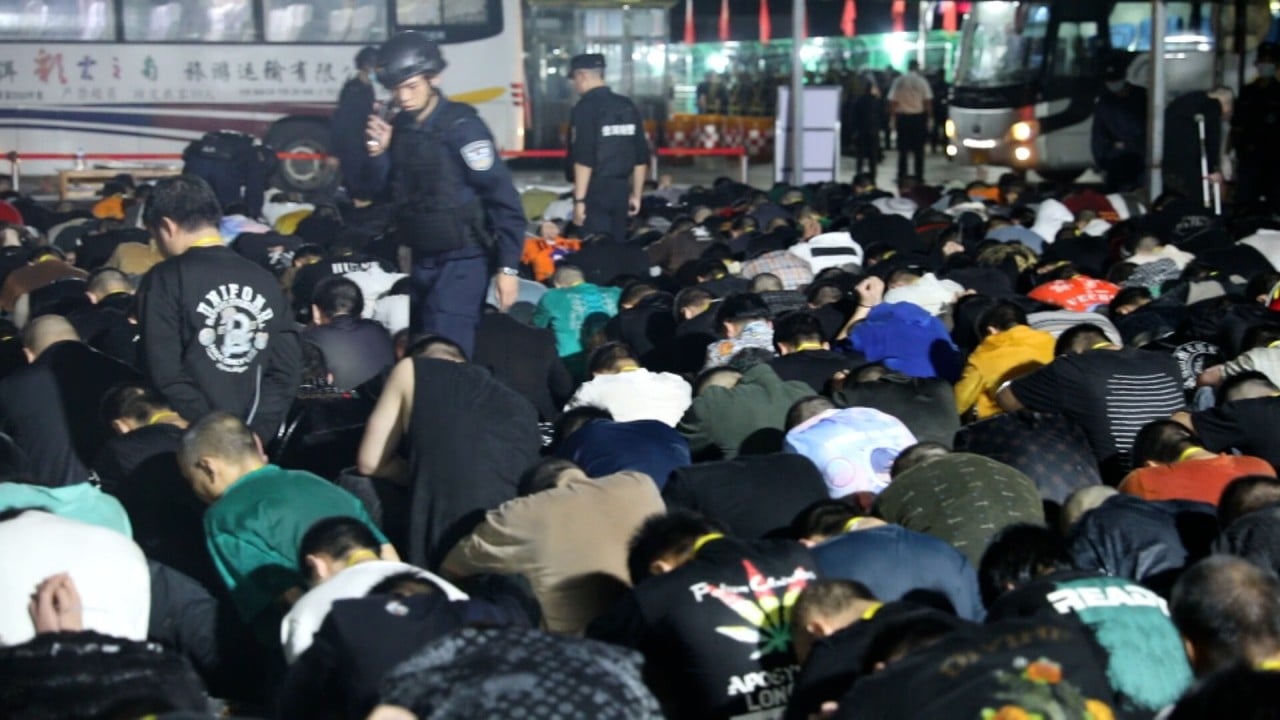China urged to grow legal talent for global fight against terrorism, corruption and cyberscams
He said the emphasis on anti-corruption showed that the top prosecutor’s responsibilities in that area – especially China’s “Operation Fox Hunt” to track down fugitives abroad – require overseas collaboration.
Why China’s new court record system signals ‘judicial openness can regress’
Matthew Erie, associate professor at the University of Oxford and principal investigator for the university’s China, Law and Development project, said the move outlined how the Supreme People’s Procuratorate was responding to Beijing’s call for help in developing foreign-related rule of law.
“All judicial, legislative, and enforcement organs are called on to help build foreign-related ‘rule of law’, and this is their response,” he said, adding that the country’s legal bodies would need officers who can understand “complex multi-jurisdictional criminal matters”.
Erie said China’s top prosecutor’s office had engaged with ally nations to tackle a host of cross-border issues, and the trend towards coordination in cross-border law enforcement would continue given Beijing’s concerns about domestic and external threats.
Beijing has long focused on counterterrorism, especially in collaboration with Central Asian countries, to stop what it said was “extremism” spilling into its far western Xinjiang Uygur autonomous region.
Beijing has also tightened controls and rolled out counterterrorism measures in Xinjiang in recent years, which have drawn criticism from Western governments and international organisations over concerns about alleged human rights abuses in the region.
